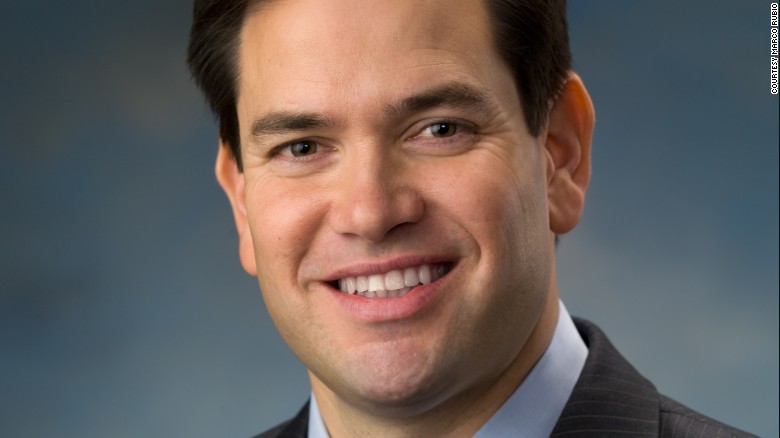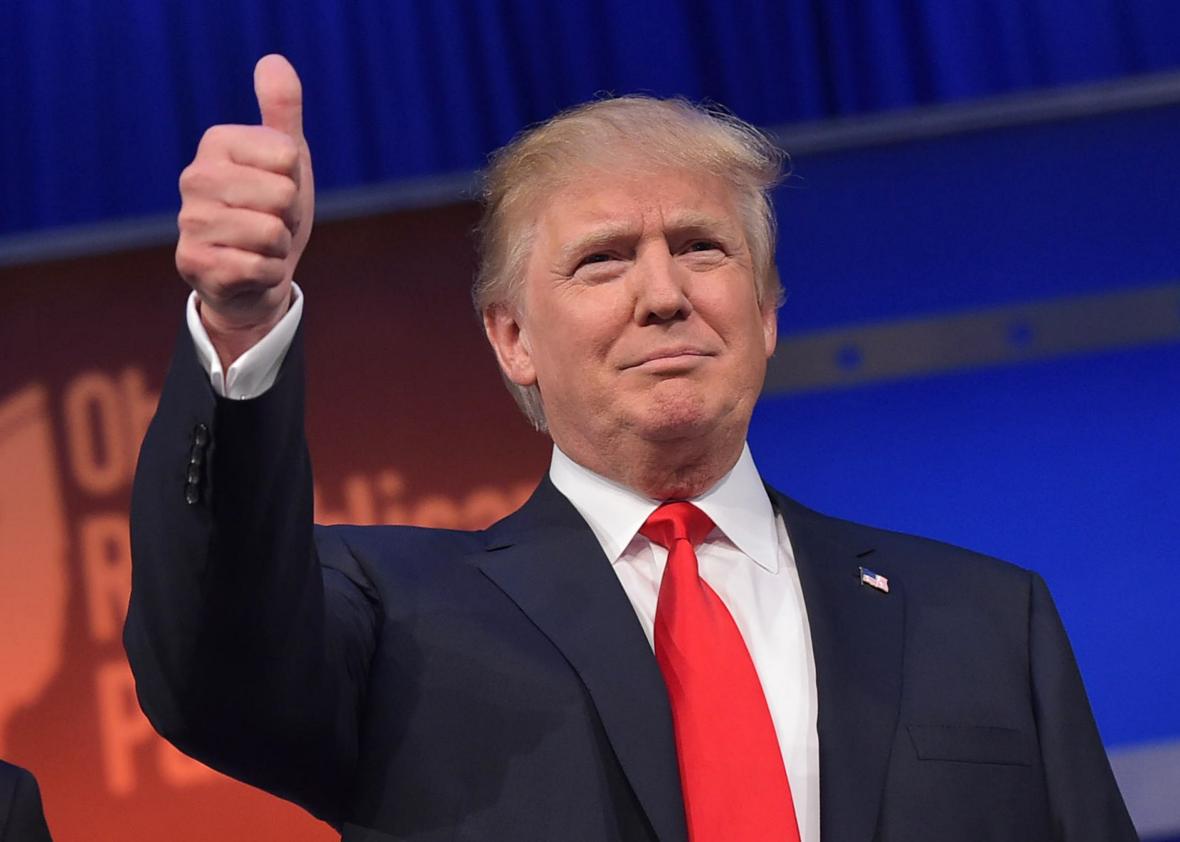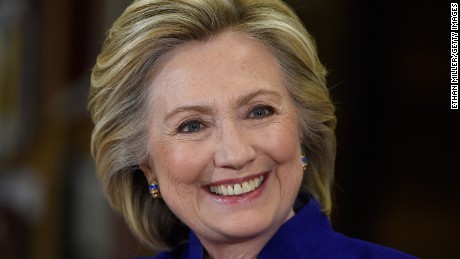Iowa Caucus Rundown
Results of the first votes cast to select Presidential nominees

At 7 pm, February 1st, thousands of people in the Midwestern state of Iowa sat down in Middle School gyms and town halls to discuss, debate, and decide the greatest question currently being posed to American voters around the country: who will be the Presidential candidate for each of the two major political parties?
GOP:
On the Republican side, a tight race between three frontrunners was headlined by a Ted Cruz victory. His extreme conservatism and popularity with evangelicals helped him to secure the victory over Donald Trump, who came in second, and Marco Rubio, who finished third, as well as over the numerous other politicians running for the GOP nomination.
The Winners:

Ted Cruz
- With a decisive victory over Donald Trump, Cruz has demonstrated the ability of someone to challenge the previously preeminent business mogul and the effectiveness of direct personal attacks and attack ads, the merit of which was largely dismissed by pundits due to the unique aspects of Trump’s candidacy.

Marco Rubio
- Although a relatively novice politician and at times a bipartisan and an outsider, Rubio appears to be the only one poised to truly hold the mantel of the Republican establishment. He finished third, only a few thousand votes behind The Donald and within reasonable striking distance of Cruz, vastly exceeding pre-election anticipations.
- As a relative moderate, compared to Cruz and Trump, he is in the best position to carry his momentum into New Hampshire, where there are fewer evangelical or extremely conservative voters. Should the establishment unify behind him, votes picked up from candidates like Jeb Bush, John Kasich, and Chris Christie, all of whom performed poorly enough to consider suspending their candidacies, could propel him past the New York juggernaut and the Texan debate champion toward a victory.
The Losers

Donald Trump
- Trump has based much of his campaign around flaunting his popularity and deriding his opponents as ‘failures’ and ‘losers’. This vote was expected to be much closer for Trump, and although he came in a strong second, he failed to live up to expectations as many pundits predicted that he would edge out Cruz. Trump is relatively popular in New Hampshire, and has the ability to rebound, but his relative failure in Iowa necessitates a victory in New Hampshire to keep the Trump momentum, and eventually the entire Trump campaign, from floundering.
Democrats:
On the left, Bernie Sanders and Hillary Clinton ended in a near-tie, with Hillary edging out the Senator from Vermont by a few tenths of a percentage point. A strong ground game based upon grassroots activism and income inequality hit home with enough Iowans, especially young people, to allow Sanders to make up the deficit between him and Secretary Clinton. Martin O’Malley received a handful of votes, and suspended his campaign after months of low polling.
The Winners

Bernie Sanders
- Sanders lost to Hillary by .3% of the Iowa vote, but the two candidates received almost exactly the same number of delegates, as the Iowa Democratic Party does not belong to a “winner take all” system. For the Sanders campaign, this victory is more symbolic than mathematical. A few months ago, Clinton had a double-digit lead over Sanders, but the Vermont Senator was able to galvanize voters in support of his message about income inequality and economic reform to combat the dominance of the Clinton campaign. Bernie now continues to New Hampshire, where he has a double-digit lead over Clinton, and is poised to gain momentum at a time when it could not be more vital for him – after New Hampshire, the primaries move to the South, where Clinton traditionally performs better than Sanders.
The Losers

Hillary Clinton
- Although she won the caucus, the Clinton campaign suffered the equivalent of a defeat; by performing below expectations in Iowa and anticipating a tight race in New Hampshire, Clinton now needs to prepare for a long, protracted, nomination fight between the Sanders campaign and her own. A decisive victory in Iowa would have reminded Democrats of the power and inevitability of the Clinton campaign; her failure to achieve last night requires her to find another way to inspire confidence in her current and prospective supporters.
On February 9th, one week from today, the candidates will again be tested in the New Hampshire primary. For the next seven days, candidates will be traipsing back and forth across the Granite State, making last-ditch efforts to secure support. Although considerable, the losses suffered in the Iowa caucus are not insurmountable and the victories are not impenetrable. Every candidate will be required to continue fighting hard to win their party’s nomination.











Matt Buttiglieri • Feb 2, 2016 at 11:21 am
That’s a spicy meatball